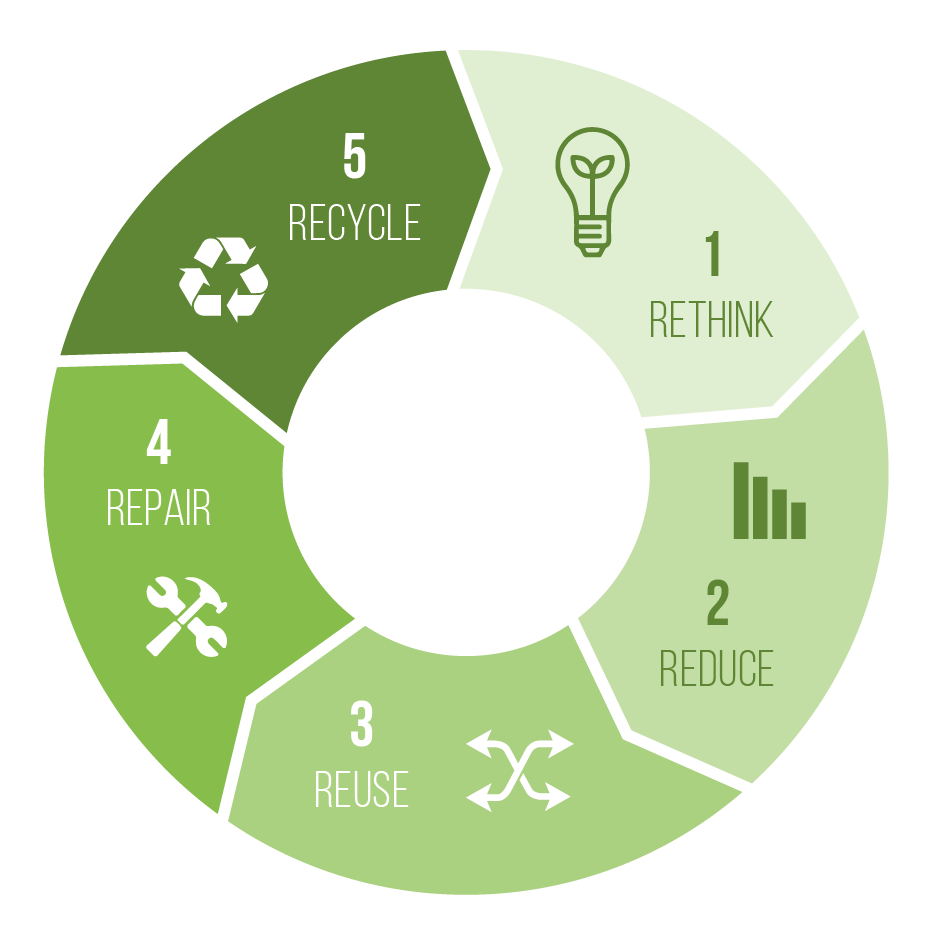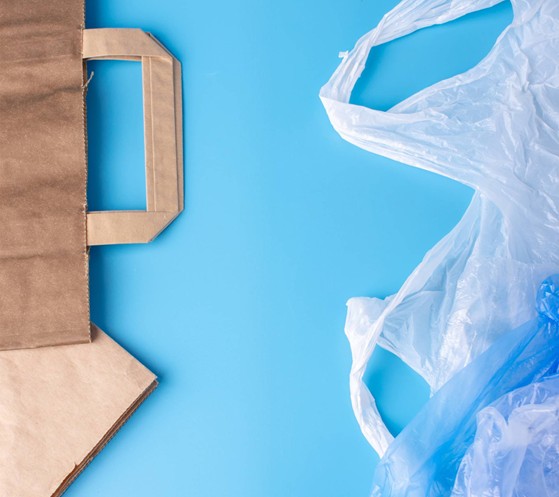
Carbon footprints and Greenhouse Gas (GHG) emissions are highly effective figures with which we can measure a products environmental impact. A Life Cycle Assessment (LCA) or Product Carbon Footprint (PCF) covers numerous stages within a products life cycle to determine a carbon footprint. An LCA offers a clear measurement that can help develop informed decision making because it offers insight into the GHG emissions of a single unit of packaging. This includes the raw materials, transformation and end-of-life of a product. GHG emissions and carbon are often the main focus for companies when it comes to environmental considerations, so an LCA or PCF can help towards any carbon reduction targets. The LCA output can be considered alongside other important factors, such as cost and product availability, to decide which packaging product best suits your business operations and needs.

Read more about Life Cycle Assessments here https://www.hazel4d.com/articles/what-is-a-life-cycle-assessment/
While an LCA is a great place to start in terms of understanding a products environmental impact, it only tells half the story. There are many other environmental indicators that need to be considered as well, all of which are not captured in the creation of an LCA or carbon footprint. Incorporating topics such as water and energy use, biodiversity, air quality, waste and deforestation into the environmental footprint of a product allows for a more holistic view of the true impact a product has. This could also then be expanded to include social considerations such as responsible sourcing, labour and human rights as well, although this would be best in its own category and measured in its own right.
One way that all these environmental topics can all be incorporated into one measurement is with an Environmental Product Declaration (EPD). An EPD still includes an LCA, but goes beyond that to look at other environmental indicators such as resource depletion, water use, and water acidification as well. EPDs are also verified by third-party experts, whereas an LCA or PCF typically are not, but this does also mean that EPDs have expiry dates.
Both EPDs and LCAs are based on various ISO 14001 standards, meaning that the methodology used is sound and trustworthy. This gives confidence to customers and other companies that are using the data, and they can ensure this aligns with their environmental management as well. EPDs and LCAs both have a place within environmental management, it just depends on the data required from the company and the detail necessary to support decision making. For example, if the focus is carbon reduction targets, then an LCA may offer enough detail to be sufficient here. But if more data is required, or a more holistic approach would be more helpful, then an EPD may be what is necessary.

Hazel 4D offer life-cycle assessments to our customers in addition to discussing the wider environmental impact of our packaging products. We believe this is a great start to integrate carbon and greenhouse gas emissions and the environmental impact this has, into decision making. Many of our customers have specific carbon reduction targets or science-based targets, and so LCA’s can offer clarity on the carbon footprint of packaging products. This can be useful when considering if you should switch from plastic products to paper products. Typically, paper products have a higher carbon footprint due to the transformation of the materials and the weight of the product during transportation. However, using this information in conjunction with other environmental indicators, such as renewable sources and end-of-life treatment, it is clear that paper is a more environmentally conscious choice.

Hazel 4D also hold a Forest Stewardship Council (FSC®) Chain of Custody certification. This means that select paper and board products of ours are certified as being responsibly and ethically sourced. This is to protect against deforestation and ensures working practices are ethical. Sourcing paper and board products from FSC certified suppliers is another way of reducing the environmental impact of a product. We are proud of our FSC certification and standing against unethical labour practices and deforestation.
Through our Sustainable Switch Over solution, our packaging consultants can identify possible areas of improvement throughout your packaging operations and activities. Our packaging consultants complete an audit of your current operations and work with you to implement positive changes, from optimising packaging machinery to reducing the use of void fill. While this is great for saving costs, it can also reduce the environmental impact of the packaging products you buy and use. This can then also be aligned to your wider company goals, such as reducing carbon or streamlining packaging activities.
Contact one of our packaging consultants today to see how we can work together towards your environmental targets https://www.hazel4d.com/contact-us/